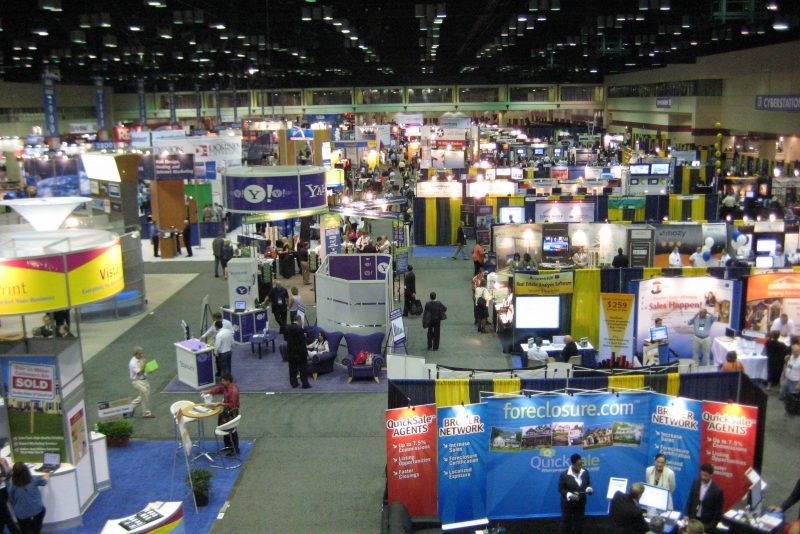October 22, 2013 – O2 Individual Productivity Index
 A new report out from the Cebr describes the the rapid adoption of key technologies over the last 40 years, including mobile phones, email, and business software, has meant the contribution of information and communications technology (ICT) to office worker productivity per hour is nearly five times (480%) more than what it was in the 1970s.
A new report out from the Cebr describes the the rapid adoption of key technologies over the last 40 years, including mobile phones, email, and business software, has meant the contribution of information and communications technology (ICT) to office worker productivity per hour is nearly five times (480%) more than what it was in the 1970s.
The findings come from a new Individual Productivity report released by O2 Business and the Centre for Economic and Business Research (Cebr) to mark the launch of The O2 Business Show Live, held in Islington’s Business Design Centre, London.
According to the study, the productivity businesses are seeing from adopting new technologies is an important driver of economic growth. It allows businesses to get more done in a shorter amount of time, so they can focus on reaching new customers, providing a higher level of service and ultimately growing their business.
Other findings from the report include:
- In 1980 a gigabyte of hard disk space cost £120,000 in today’s money. The current cost of a gigabyte is approximately 5p, exponentially less than in 1980. The rapid advances in technology associated with ICT mean that office workers can now get more done, in less time for a lower cost.
- Productivity related to ICT in the office fell to its lowest level during the mid-1980s coinciding with a time of record unemployment and persistent strikes. During the same period, ground-breaking products such as the mobile phone were launched, which paved the way for a revolution in the use of technology in the office.
- A long period of robust growth from the early 1990s in the UK coincided with the launch of key technologies and products, such as Microsoft Windows 3.0 (1990), dial up internet (1992), and Google search engine (1998)
- An individual productivity index was produced to present labour productivity per hour worked in the office sector associated with ICT. The index shows a growth of 480% in ICT-related labour productivity between 1972 and 2012 compared to growth of 84% for overall labour productivity. This means ICT has had a massive impact on labour productivity growth in office-based sectors over the period.
Forecasting office worker productivity per hour for the next seven years, the analysis showed that productivity associated with ICT is set to grow a further 22% or 2.5% per annum between 2012 and 2020. This compares to growth in overall productivity per hour of 15% or 1.7% per year. This growth will be driven by ascendant technologies such as O2’s 4G high speed mobile internet access, and tablet computers which will allow office workers to stay connected and productive wherever they are.
to access the report visit: http://www.cebr.com/reports/o2-individual-productivity-index/


